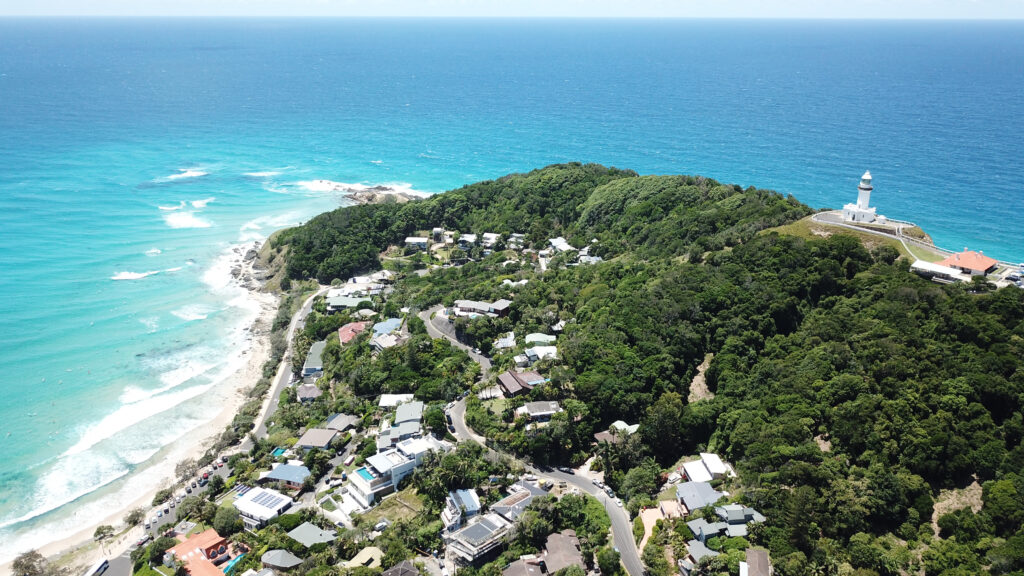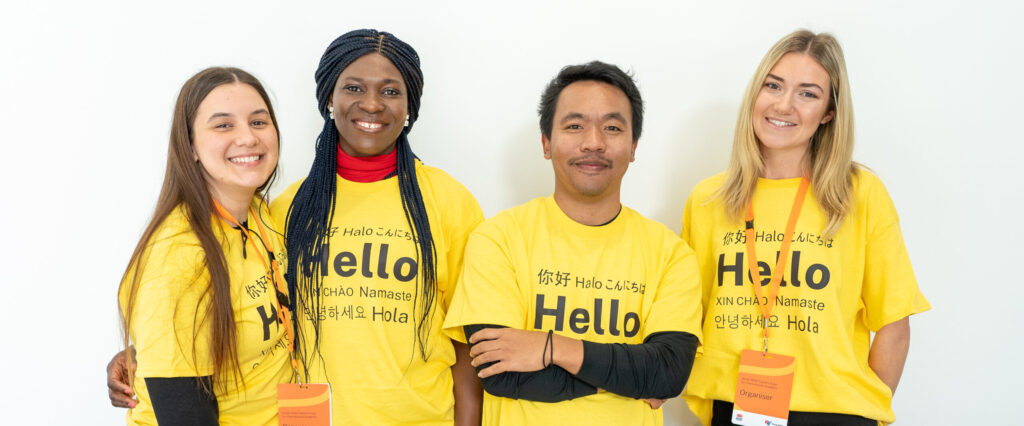Tenancy agreements, changes to visa requirements, domestic violence, and not being able to pay a fine – there are many difficult and confronting situations you may come across as an international student. The main thing to remember is that you are never alone. There is always help available, so don’t be afraid to seek it out.
For international students in New South Wales, Redfern Legal Centre (RLC) provides free legal advice and quality legal services to their community. We sat down with Sean Stimson, a solicitor at RLC, to explore common legal issues and for advice on where international students can go for help.
What are the main legal issues faced by international students in NSW?
The four main issues faced by international students are tenancy, employment, disputes with educational providers, and in more significant numbers recently, students who face problems with their visas. Visa issues are on the rise due to restrictions on travel caused by the global pandemic; some students are unable to enter the country, and some aren’t able to return home.
What kinds of issues are international students experiencing during COVID-19?
Tenancy concerns became a large issue in mid-March of 2020, with landlords attempting to remove students from their places of residence. Employment and lack of opportunities also became big issues for students. The pandemic hit as many started to lose jobs, and employment opportunities were less available.
“We worked with students to ensure there were no unfair dismissals of employment; that entitlements were paid to students, such as making sure students weren’t underpaid; and that superannuation was paid out,” says Sean.
How can students tell if they’re facing a legal issue?
When you move to a new country, it can be incredibly challenging to understand what the law says and how you’re protected. The same is true for international students in Australia.
“As a general rule of thumb, if it doesn’t feel right, it probably isn’t,” says Sean.
Sean suggests you equip yourself with as much information as possible before you arrive. A fantastic resource created by RLC is an interactive app called My Legal Mate, which offers instant access to confidential and free legal information to international students in NSW. It also answers commonly asked questions about the law in Australia. The app is like having a lawyer in your pocket, with information that is delivered via video-based, face-to-face question and answer sessions that are friendly and easy to navigate.
Better still, the app is available to international students in English and six other languages, including Chinese, Hindi, Korean, Portuguese, Thai, and Vietnamese. It helps international students address urgent legal problems, such as underpayment at work, accommodation issues, and sexual assault.
My Legal Mate is supported by Study NSW, City of Sydney, and the Fair Work Ombudsman. Apply for the app here.
How can students educate and protect themselves from potentially illegal situations?
If you want to learn about employment rights, there is information on sites such as Fair Work Ombudsman, which details what minimum wage requirements are, for example.
The Redfern Legal Centre website also has a lot of easy-to-digest information around tenancy rights, employment rights, and fines.
If you type ‘tenancy + what are my rights’ into Google, you will receive thousands of articles on the subject. However, it’s important to remember that the rights differ per jurisdiction and state in Australia. When doing your research, make sure the information is current and relates to the state you live in.
If students in NSW are facing a legal issue, where can they go for support?
RLC provides a state-wide free legal advice service that covers all areas of law, including family law, motor vehicle accidents, and property damage. Any student that is enrolled to study can access services. The advice can be provided either by phone or Zoom and is entirely free of charge. Interpreters can be required if needed.
Each year, RLC helps between 500 and 800 international students with a variety of legal issues. As a reminder, you should always seek advice from a legal service provider if you have an issue, big or small. You are not alone, and help is always available.
Case study of legal issues for international students
Sarah*, an international student in NSW, was about to commence a new course of studies when COVID-19 struck. Like so many others, Sarah was stood down from her job as a result of the pandemic. As she was not eligible for government assistance, Sarah decided to put her studies on hold and return home.
Sarah found that airfares were suddenly far more expensive, and she had to use the last of her savings to book a flight. Her flight was rescheduled twice before finally being cancelled, and the airline refused to refund the cost of the airfare. Having already arranged to vacate her property, this last-minute cancellation left Sarah without a place to live.
Sarah approached Redfern Legal Centre’s International Student Legal Service NSW (ISLS) for help. She was stranded in Australia, homeless, unemployed, and financially destitute. As she had withdrawn from her studies, Sarah was also placed on a bridging visa. While she was grateful to be able to remain legally in Australia, this visa type prevented her from accessing many COVID-19 relief packages.
Due to her visa type and to high demand for crisis accommodation, Sarah had been couch-surfing, and was in desperate need of accommodation. ISLS helped Sarah with a short-term accommodation solution, while working on longer-term solutions to help her.
RLC’s Credit and Debt practice provided Sarah with advice and commenced engagement with the airline in an attempt to recover the airfare. Meanwhile, ISLS’ pro-bono partner provided visa advice. The result was that Sarah was able to regain her international student visa and re-enrol in a course of studies. This then allowed ISLS to place Sarah on the early access list for the NSW Government COVID-19 crisis accommodation scheme for international students.
Sarah was accepted into the scheme. Her accommodation is now secure for a number of months, while she gets back on her feet. Sarah continues to access food hampers from Foodbank and OzHarvest.
ISLS will remain engaged with Sarah, supporting her with her other legal needs. Sarah’s story illustrates the precarious situations that many international students have found themselves in as a result of COVID-19, and highlights the importance of services to overcome these issues.






